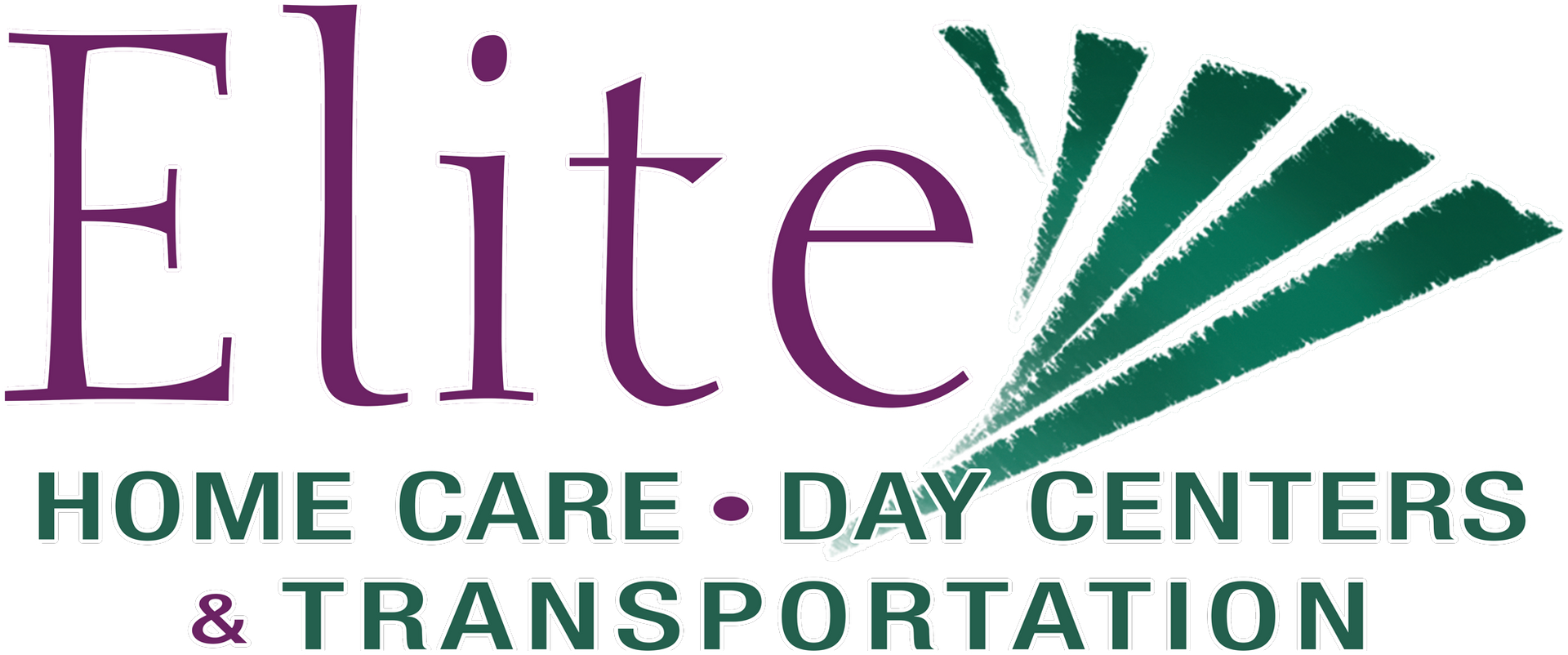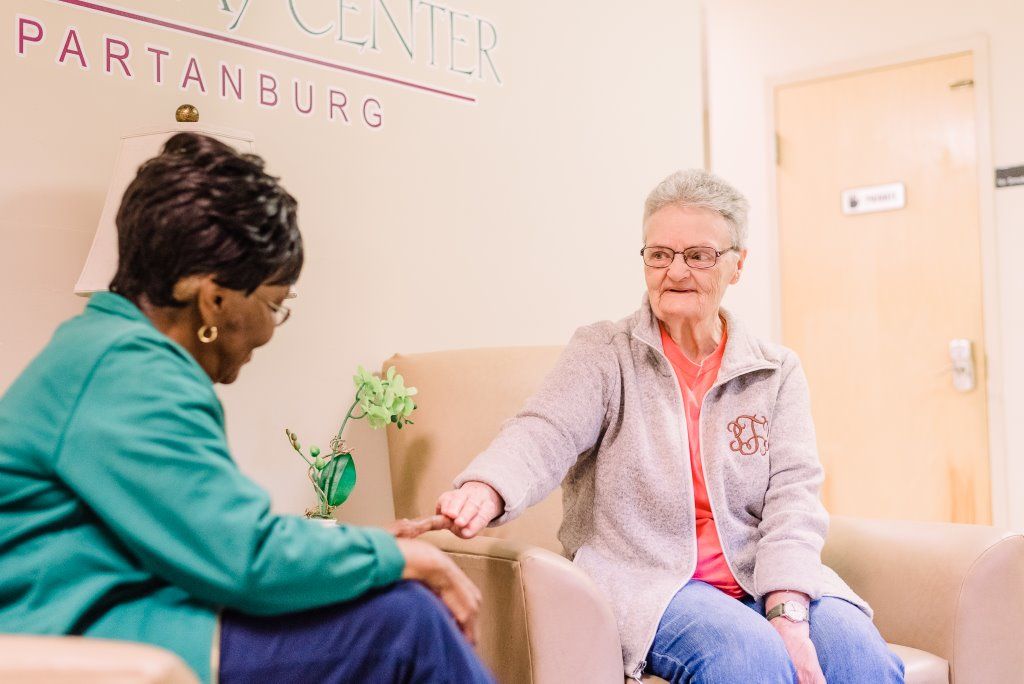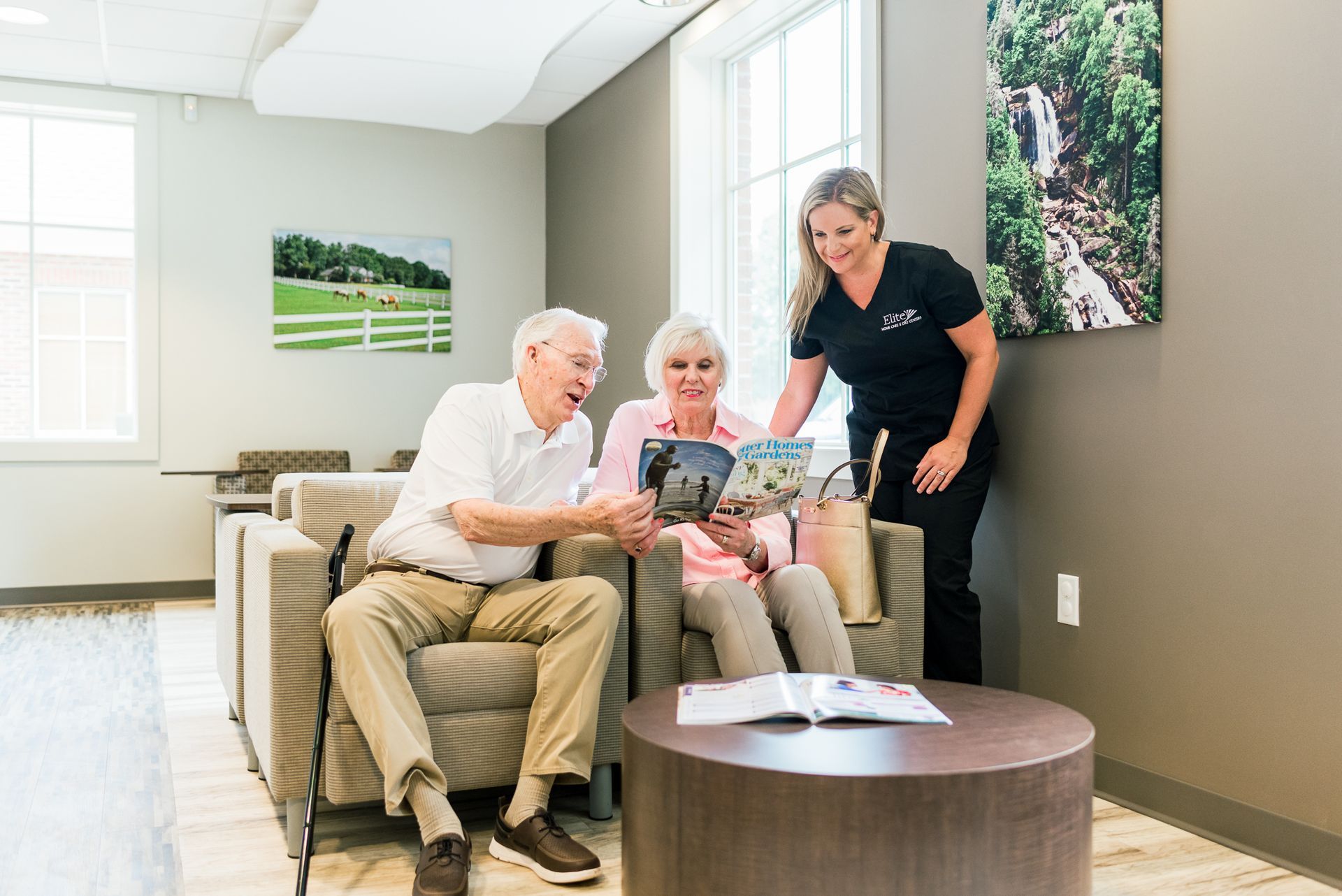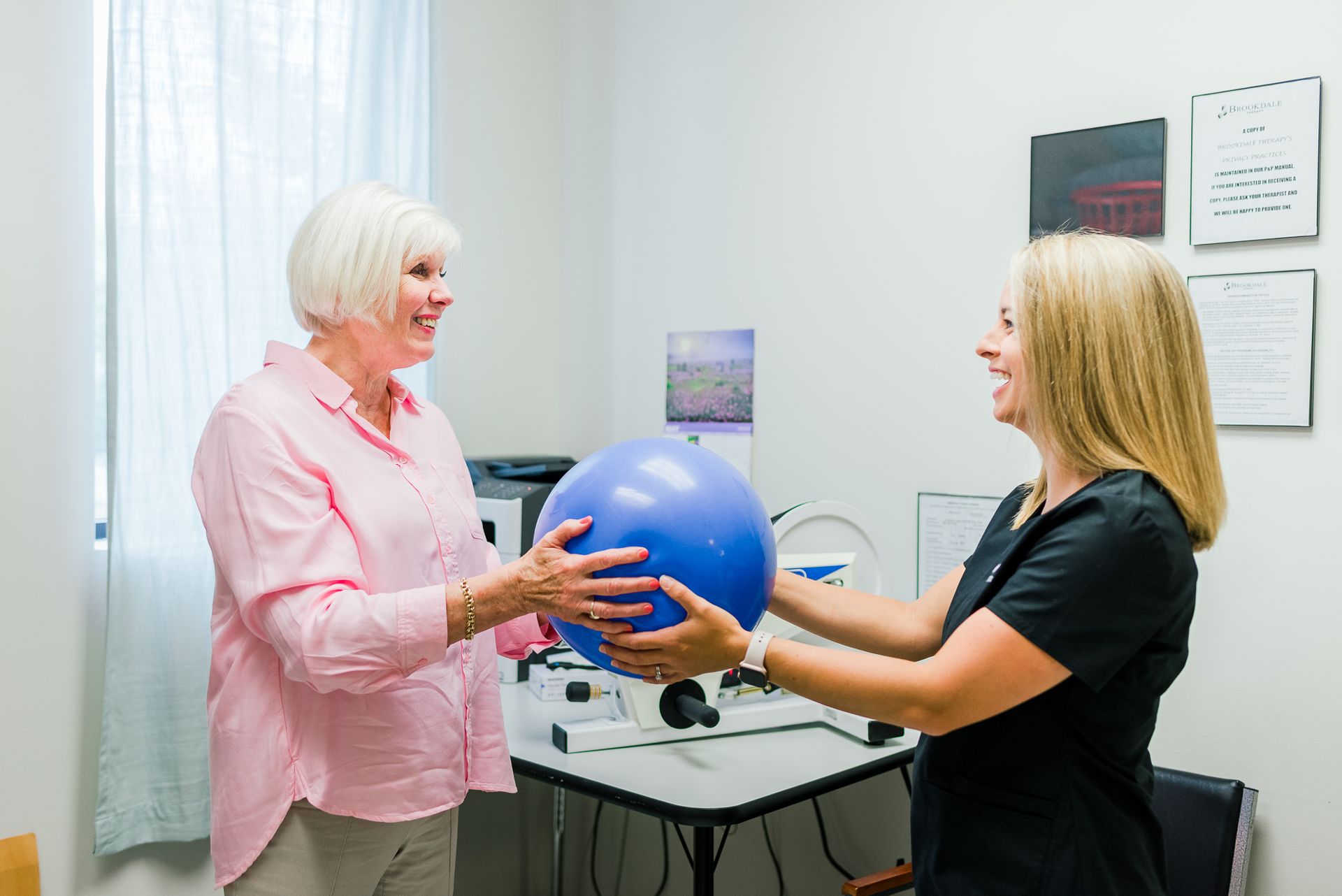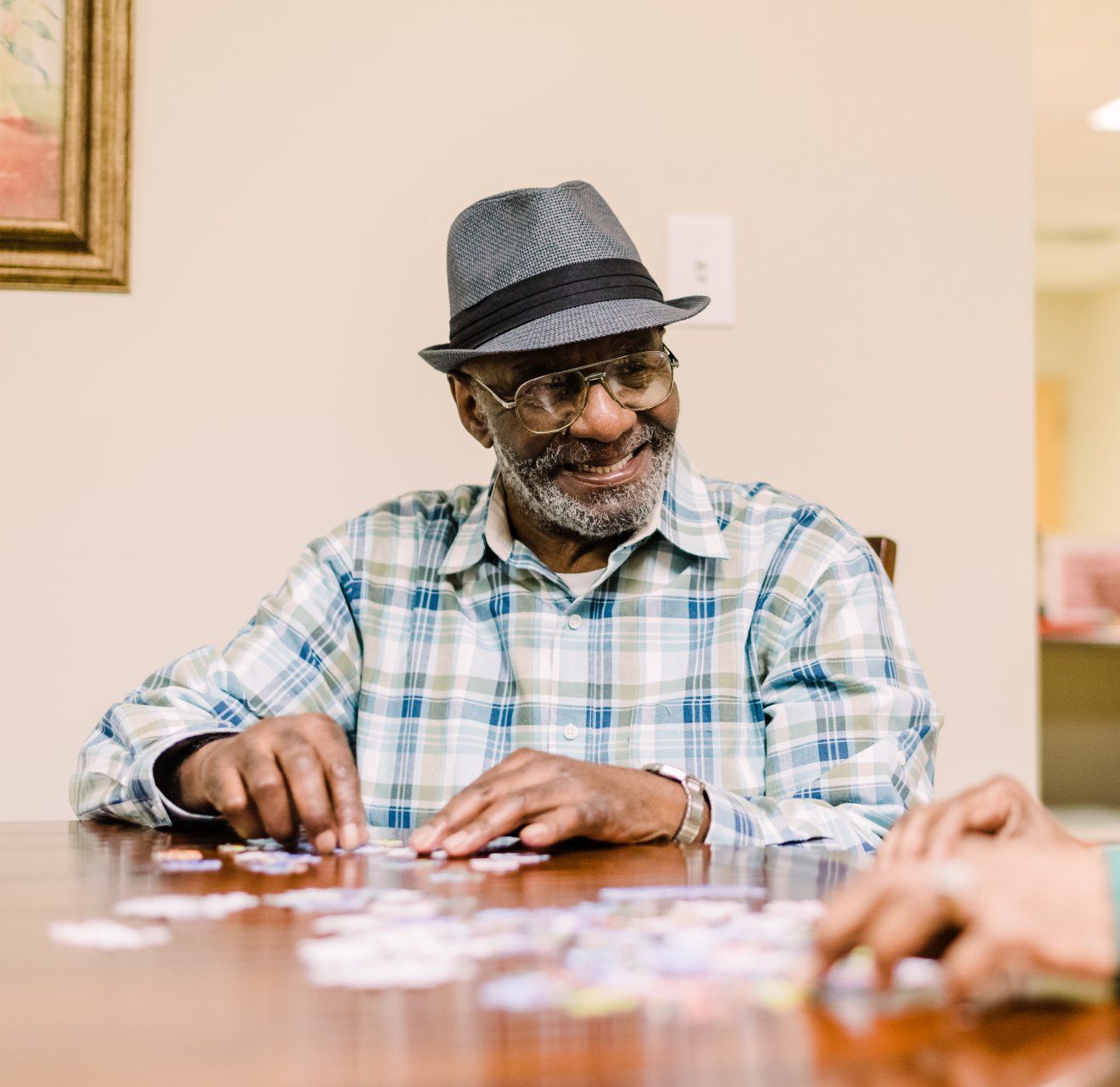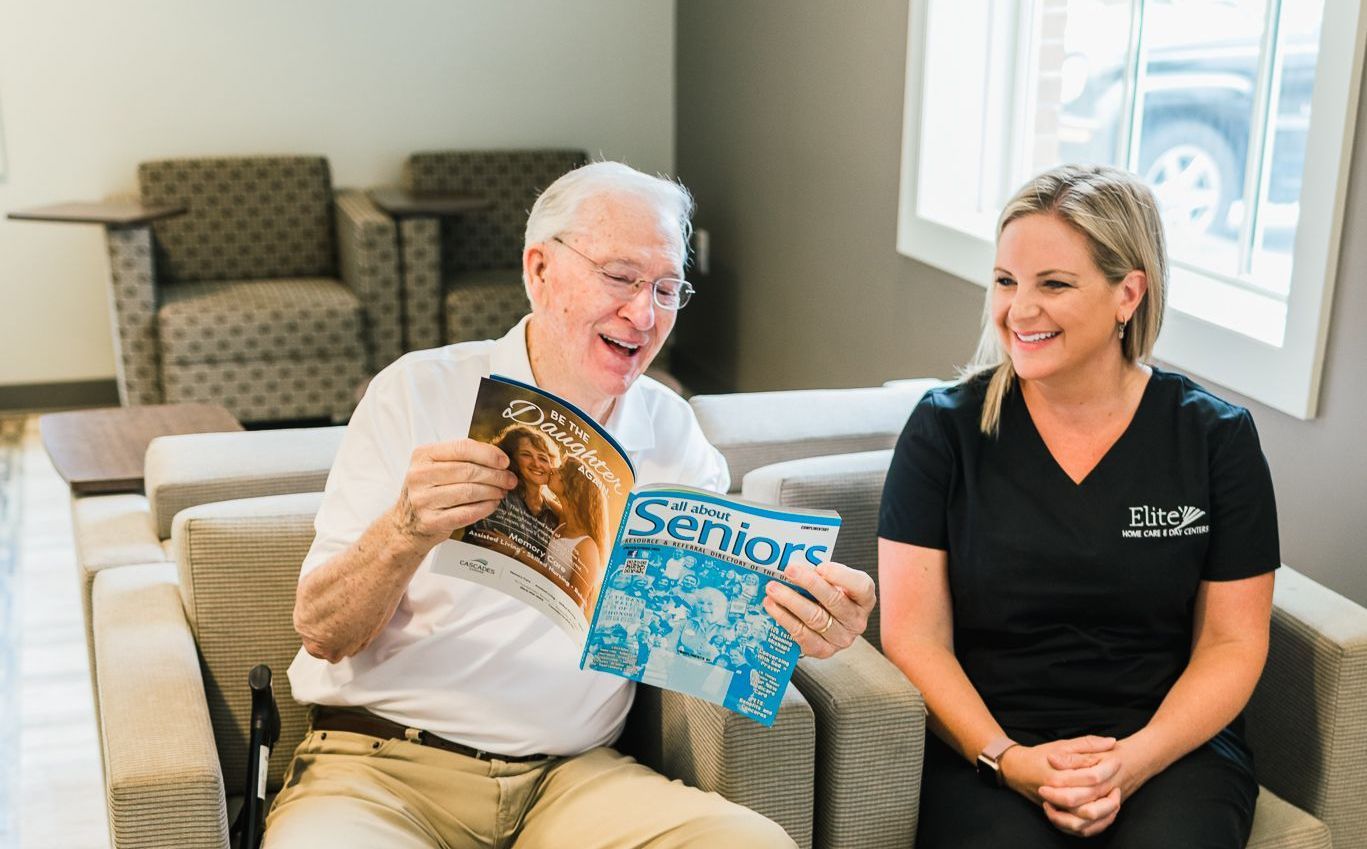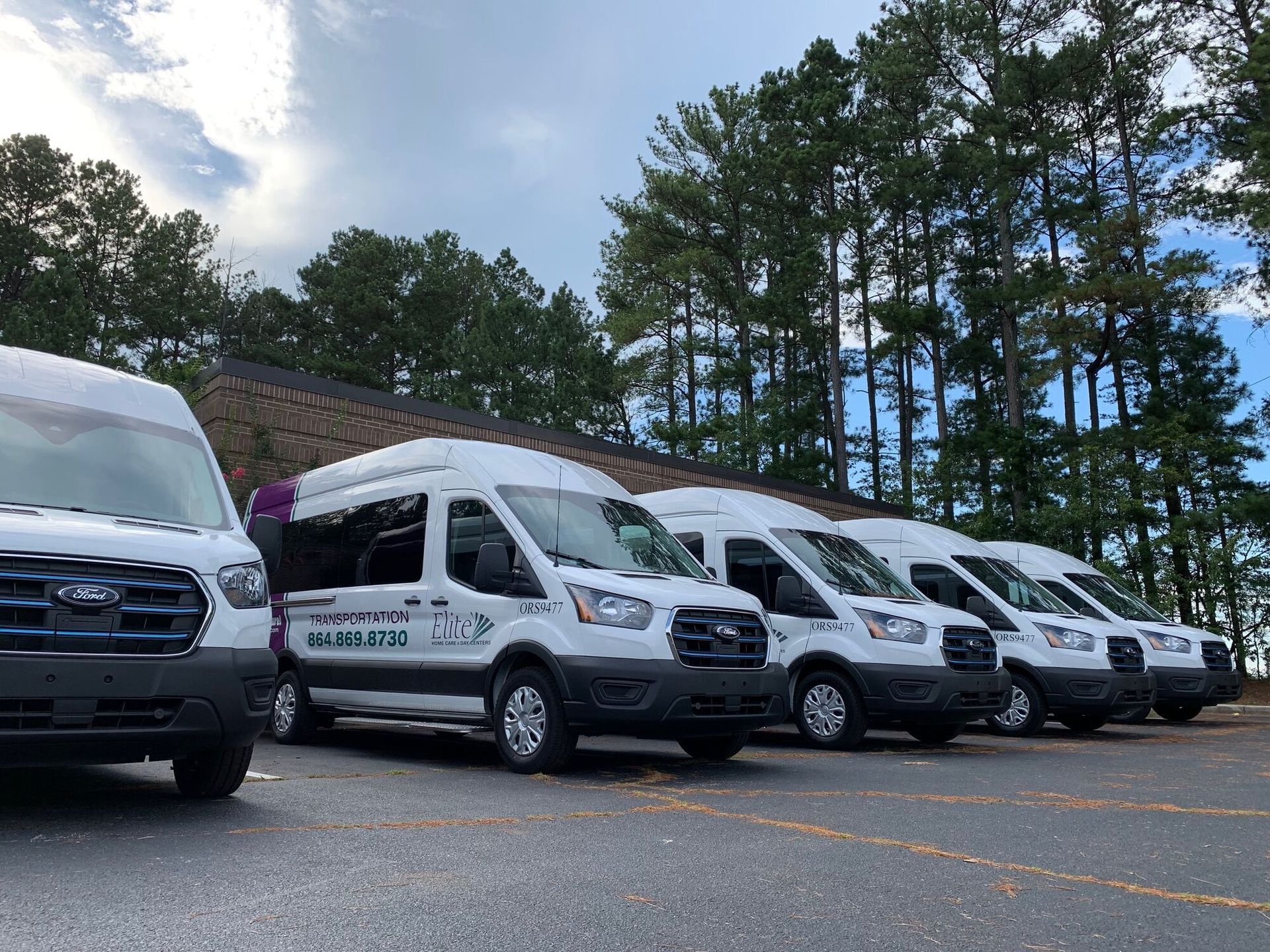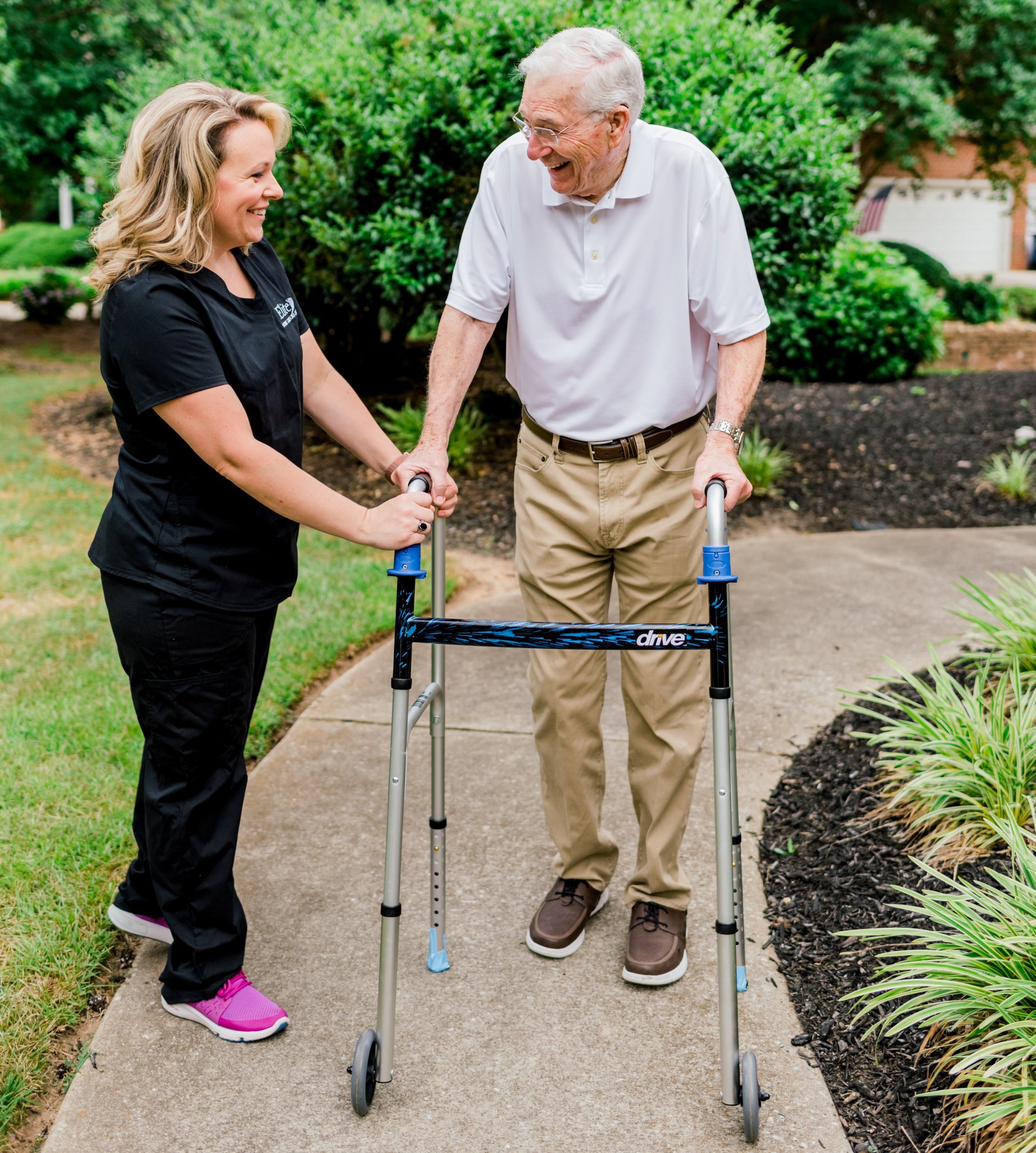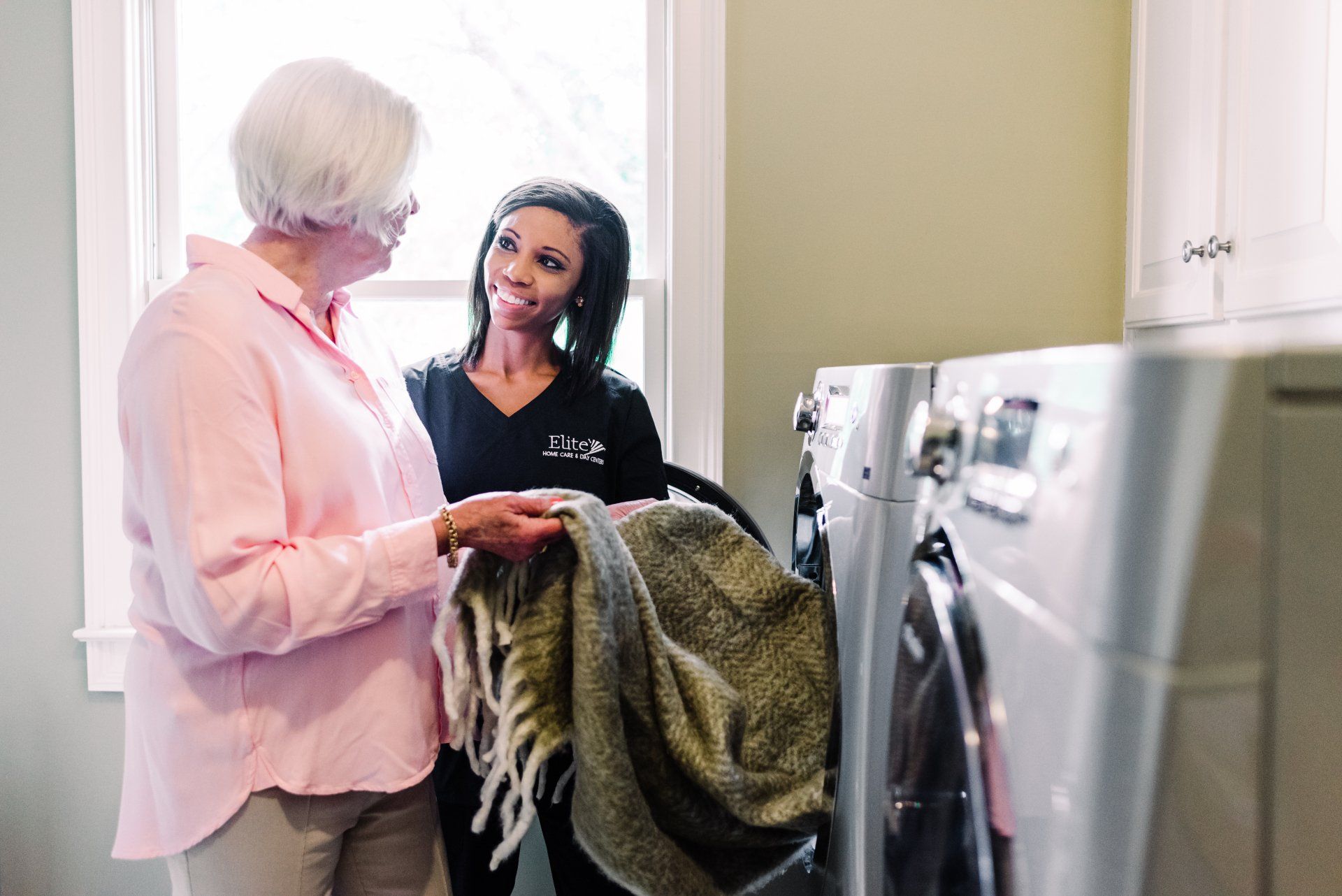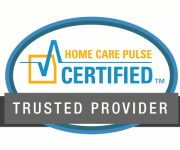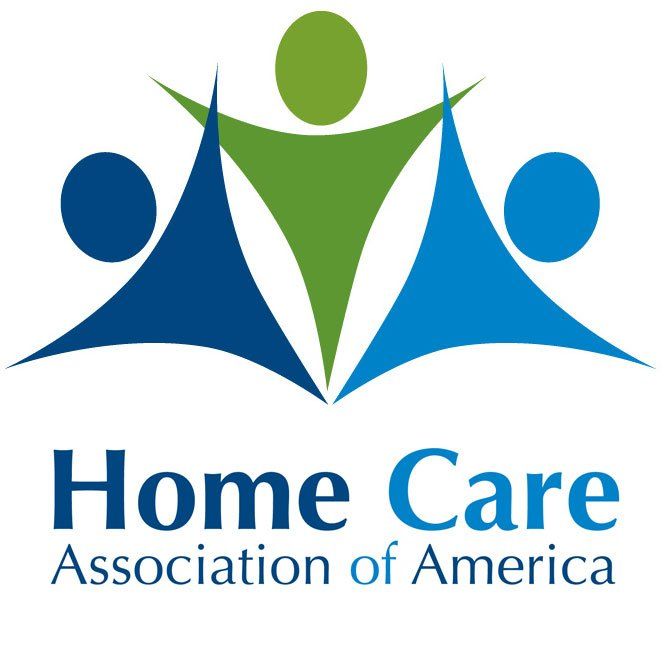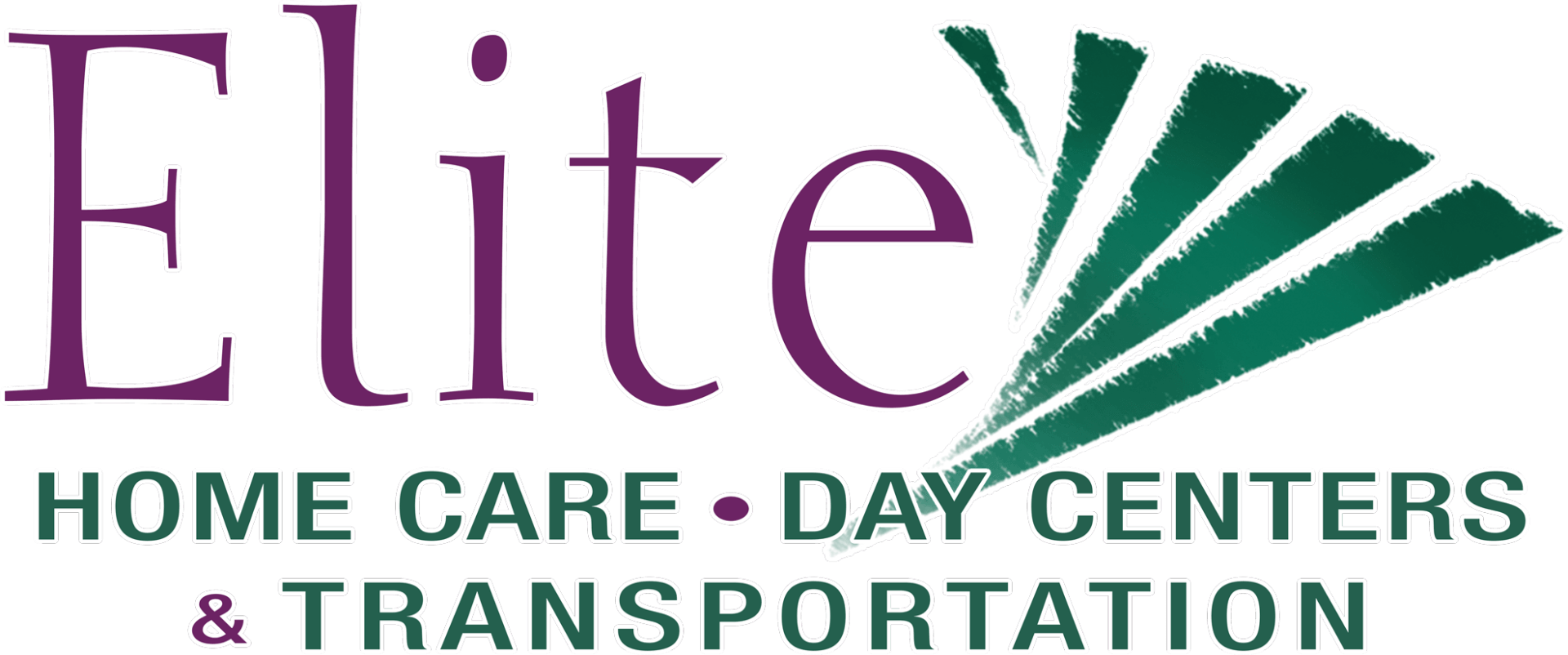Tips for Caring for Adults with Dementia
Caring for Someone with Dementia
When you’re caring for a loved one with dementia, the simplest tasks can oftentimes feel the most challenging. People with diagnosed dementia from conditions like Alzheimer’s or brain disorders have a hard time thinking clearly, remembering things, communicating, and taking care of themselves. We’ve compiled a list of tips and tricks in caring for your loved one with dementia.
Tips for Helping a Loved one with Dementia
1) Stay positive - Communicating through smiles and positive body language is a great way to interact with your loved one in a respectful manner. This shows patience and can convey messages in a way that words might not be processed.
2) Listen - This seems simple, but an adult with dementia can often repeat themselves, stop in the middle of a story, or forget their question just moments after it was said. By listening and being able to interpret what they want, you can establish an unspoken line of communication.
3) Limit distractions - If your loved one needs to get a task done, it’s best to turn off all distractions. This means taking away TV time, putting away books, phones and limiting visitors until the task is complete.
4) Be accommodating - Your loved one did not ask to develop dementia and we need to understand the battle that’s ahead. As caregivers, we can change our behavior to accommodate our loved one’s needs and make him or her more comfortable.
5) Check with a Doctor - Maintain and attend regular doctor’s appointments with your loved one so you know how to care for them with dementia and can be involved in pointing out any odd behaviors or decline in health.
6) Tell Neighbors or Additional Caregivers - Keep your loved one’s neighbors or additional caregivers in the loop with the progression of dementia. It’s not uncommon for seniors with dementia to wander or lose track of their home. If neighbors are aware, they can help should anything happen.
7) Sundowning - Late afternoons are hard for people with dementia and they often experience sundowning; which is restlessness or confusion as daylight fades. You can mitigate confusion by turning on lights around the 4pm hour for the remainder of the night and/or use nightlights across the house.
8) Good nutrition - Make meals and snacks a part of your routine at very similar hours each day. Sit down with them and eat so they can stay nourished. Medications and dental problems (a sign of dementia) can affect your loved one’s desire to eat, so it’s important to have a routine meal schedule.
9) Limit stress - Try to avoid stressful activities or too many visitors in a given week. Stress leads to agitation which leads to lashing out. For the sake of your loved one’s sanity and yours as their caregiver, it’s OK to say no to things that are too stressful.
10) REST! - The most important thing you can do as a caregiver is to rest. Hire an additional caregiver or consider home care centers for respite care. Most of the time, caregivers are family members who all need a mental break to continue to give their best level of care. It’s not selfish, it’s necessary!
